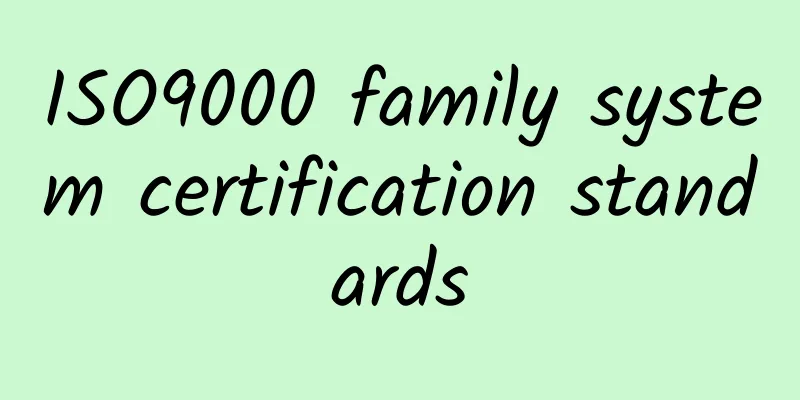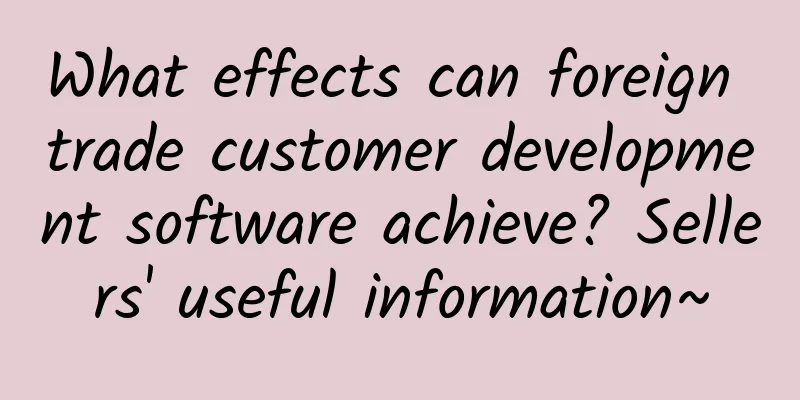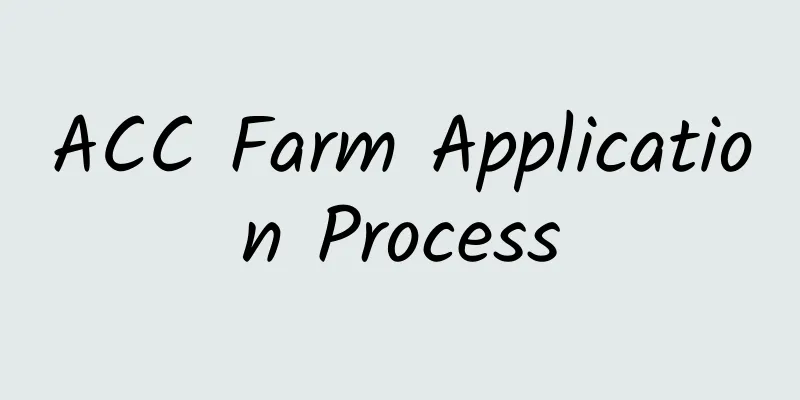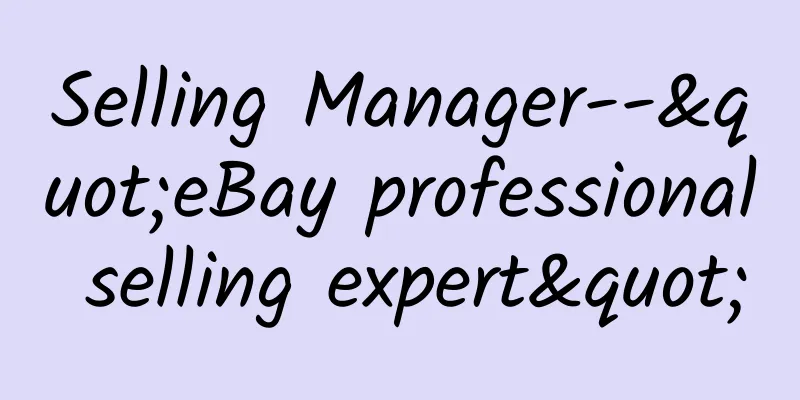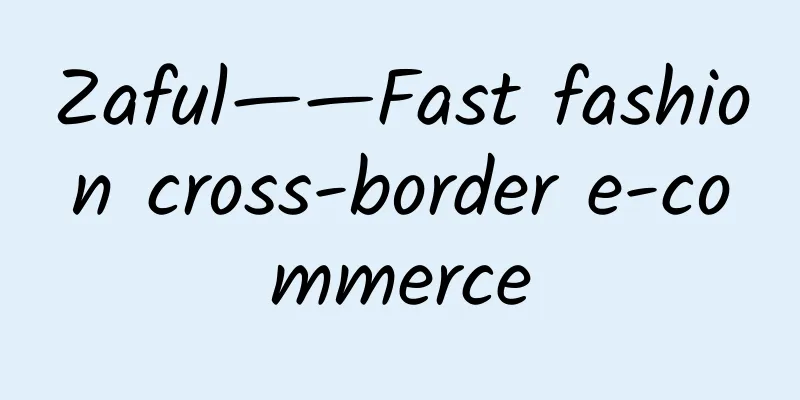Summary: The success and failure of foreign trade factory inspection
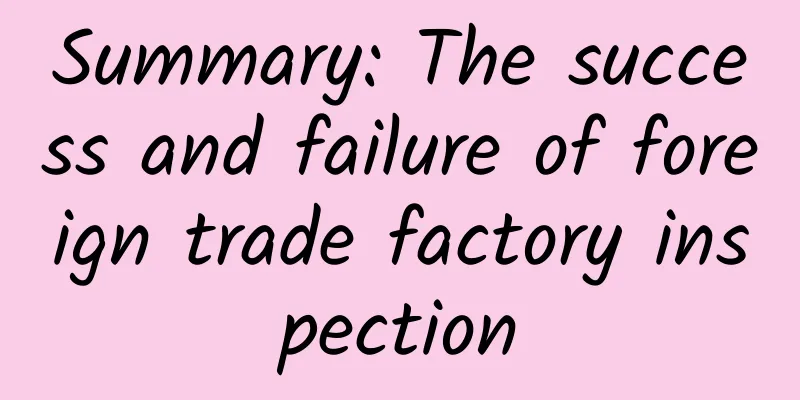
|
According to previous media reports, domestic cases affected by BSCI factory inspection standards: In September 2018, a shoe factory with about 500 employees in Zhongshan City, Guangdong Province, was suspended from orders for two months by its customers and asked to make rectifications because the minimum wage standard it gave to its employees did not meet the minimum limit required by local laws. In July 2019, a Taiwanese-funded shoe factory was faced with the dilemma of all orders being cancelled due to a female worker poisoning incident. Mainland export companies have also been affected by corporate social responsibility standards. According to statistics, since 2002, at least 20,000 factories in my country's coastal areas have undergone social responsibility audits by multinational companies. Some companies have received more orders due to their good performance, while some factories have been disqualified as suppliers because they have no sincerity in improving. What is the purpose of factory inspection? First, buyers hope to get to know suppliers better through factory inspections. Obtain specific information on production scale, management level, technical level and labor-management relations, and compare this information with the supplier standards for a comprehensive assessment, and then make choices based on the evaluation results. The factory inspection report provides a basis for buyers to judge whether the supplier can be used for long-term cooperation. Secondly, factory inspections can also help buyers maintain a good reputation and sustainable development. Nowadays, factory inspection is not only a need of purchasing companies themselves, but also a necessary measure under the laws of Europe and the United States. Of course, these explanations are a bit too formal. In fact, the purpose of most of us going to the factory for inspection is simpler. First, we want to see if the factory exists; second, we want to see if the actual situation of the factory is as good as the promotional materials and sales staff say. What are the factory inspections? Social responsibility factory audits are also called human rights factory audits, which require suppliers to follow the corporate code of conduct. Human rights factory audits are divided into audits based on customers' own standards and social responsibility system certifications recognized by the industry or region. Human rights factory inspections stem from two reasons. One is the rise of human rights movements abroad and the participation of a large number of non-governmental organizations. The other is that foreign buyers have gradually realized that a qualified supplier must not only be able to produce high-quality products, but also have a set of reasonable practices to ensure the continuity and stability of production. Quality factory inspection: also known as QMS factory inspection/FCCA factory inspection/technical factory inspection/quality and capacity factory inspection/quality system audit, etc. The quality control capability of a factory is determined by evaluating the factory as a whole. Foreign buyers realize that testing and inspection are far from enough. They must understand the situation of the entire factory, control the production process, manage in advance, and ensure that the factory has an effective system and hardware to ensure the production of high-quality products. After all, the process produces results. Anti-terrorism factory inspection: also known as C-TPAT factory inspection or GSV certification or SCS factory inspection or supply chain security certification or audit. Appeared after the "9.11 incident". In order to combat international terrorists, the US government requires all factories exporting to the United States to pass anti-terrorism factory inspections, mainly requiring factories to increase investment in anti-terrorism, such as raising fences, installing cameras, and strengthening background checks on incoming employees. Currently, it is mainly American buyers or brands that need to conduct the above anti-terrorism safety factory inspections. BSCI mainly audits factories from the following aspects 1. Factory workshop environment and fire safety, etc. 2. Check whether the documents and certificates required for factory inspection are complete. 3. Randomly check employees and interview and record a series of issues such as factory workshop safety and welfare benefits, overtime hours, etc. Are you still worried about not passing the factory inspection? Don’t worry! Chaowang Consulting has been engaged in factory inspection and certification consulting for many years. We have rich experience and connections, and are familiar with the process and steps of factory inspection and certification. We can help companies solve certification problems at any time, easily deal with them, and pass them smoothly! Consultation phone: 021-51029391! |
<<: SCAN Anti-Terrorism Factory Inspection Knowledge Overview
>>: What is Amazon's Climate Pledge Friendly?
Recommend
Necessity of implementing ISO 9001 in the service industry
Necessity of implementing ISO 9001 in the service...
Cross-border Practical Knowledge | Sequoia Capital
What is Sequoia Capital? Sequoia Capital has offi...
Facebook registration process analysis ~
Facebook Profile: Facebook (Chinese translation: ...
Conventional cotton or organic cotton, which is more sustainable?
At a time when the world seems to be focusing on ...
eBay product image requirements, eBay image posting steps
Take and create photos of items and understand ph...
my country's implementation of compulsory product certification system has achieved remarkable results
"Brother, I want to buy an iPhone 4S, but th...
What is Giggrabbers? What services does Giggrabbers offer?
Giggrabbers is an innovative online platform that...
Carbon certification for dual carbon services | Carbon footprint, carbon neutrality, greenhouse gas verification, carbon emission management system evaluation, a brief introduction to carbon monitoring services
Carbon Footprint/Carbon Neutrality Carbon neutral...
Xinshen Group Co., Ltd. successfully passed Li & Fung's factory inspection
Xinshen Group Co., Ltd. is located in Zhenze Town,...
What service sites does eBay have? How do I register with eBay?
What service sites does eBay have? eBay was found...
Mattel Factory Audit Consulting Global Manufacturing Code Introduction
The purpose of the training is to help franchisee...
CSA--Global Safety and Environmental Certification Leader
What is CSA? CSA Group has 35,000 customers world...
An overview of the e-commerce delivery process! Practical tips for cross-border e-commerce~
The e-commerce delivery process is different for ...
Chinese toys are repeatedly "infringed"
Due to copyright infringement, Russia's Novos...
Why H&M conquered the world
The "Four Magic Weapons" for Enterprise...
